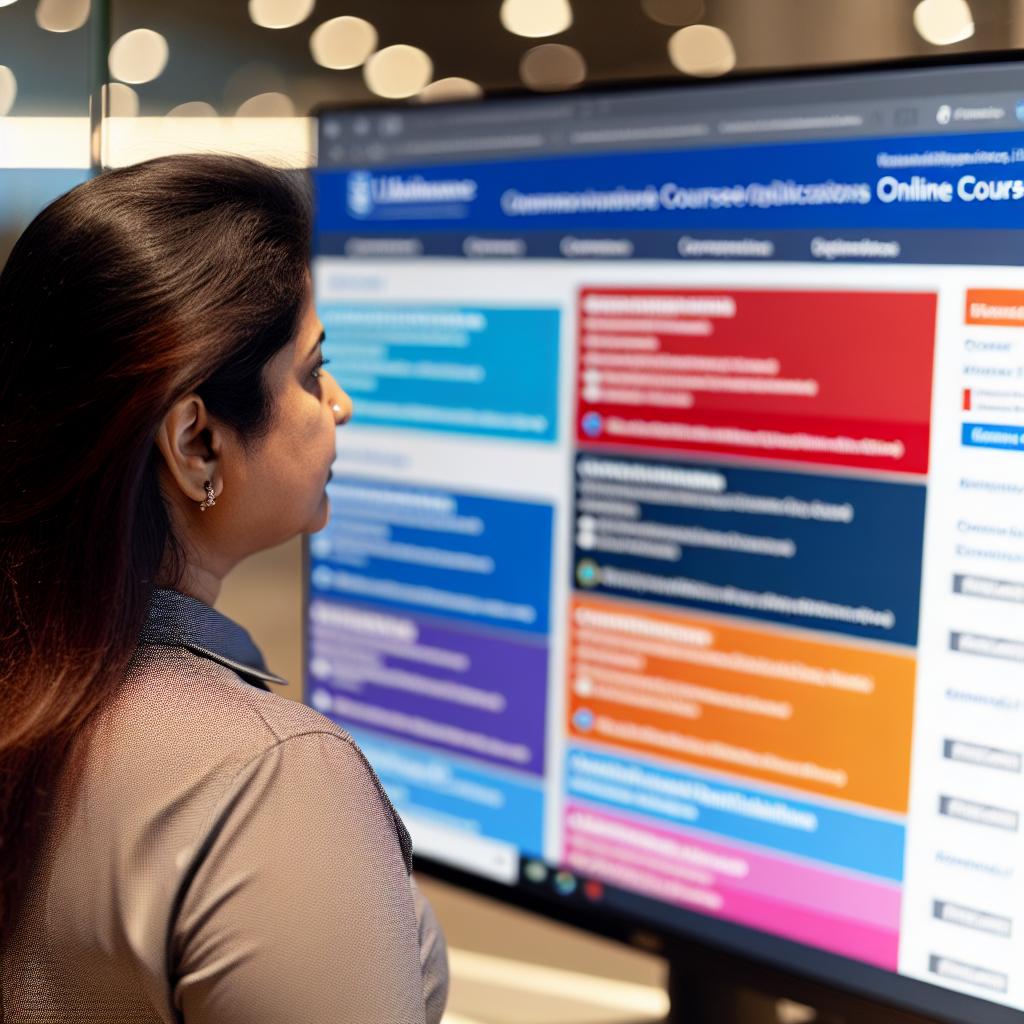
Unlock the secrets to selecting accredited online courses that elevate your education and career prospects.
Deciphering the World of Online Course Accreditation
In the evolving landscape of e-learning, understanding the intricacies of online course accreditation is paramount. Accreditation serves as a seal of approval from a recognized authority, indicating that a course or institution has met predefined academic standards. This validation is essential for ensuring that the time and resources invested in education lead to worthwhile credentials that are respected in the job market.
For students and professionals alike, deciphering the world of online course accreditation requires a familiarity with different accrediting bodies and the scope of their recognition. A course that's accredited by a reputable organization can open doors to new opportunities and career advancements.
Evaluating the Credibility of Online Institutions
Evaluating the credibility of online institutions is a critical step in the selection process. Prospective learners should look beyond the surface of sleek website designs and enticing course descriptions to determine the legitimacy of the institution offering the course. This means examining the institution's history, the qualifications of its faculty, and its standing in the academic community.
In addition, credible institutions often showcase their affiliations, partnerships, and endorsements from industry leaders. Such details can provide further assurance of the quality and recognition of the courses offered, setting the stage for a valuable educational experience.
Understanding the Impact of Accreditation on Your Career
Accreditation is more than just an educational benchmark; it has a direct impact on career prospects. Employers frequently regard accredited courses and degrees as indicators of a candidate's competence and dedication to their field. This recognition can be particularly crucial in competitive job markets or specialized industries where professional standards are rigorously upheld.
Furthermore, for those seeking career advancement or a change in their professional trajectory, accredited courses can provide the necessary credentials to support such transitions. The impact of accreditation extends to the global arena, where international standards may play a role in the mobility and acceptance of qualifications across borders.
Comparing Accreditation Bodies and Their Significance
Not all accreditation bodies are created equal, and understanding the differences between them can significantly affect the credibility of an online course. Some accrediting organizations are recognized by the government or specific professional associations, granting them a higher level of authority and acceptance in certain fields.
Prospective students should compare accreditation bodies to determine which are most relevant to their field of study and career goals. This comparison can reveal which courses will be most beneficial and which accreditations will hold the most weight in their intended professional sphere.
Steps to Verify the Accreditation Status of Online Courses
Verifying the accreditation status of online courses is a necessary due diligence step. This process typically involves checking the accrediting body's official website to confirm the institution's accreditation status. Many accrediting bodies provide searchable databases where one can find accredited schools and programs.
Additionally, prospective learners can reach out directly to the institution in question for documentation or proof of accreditation. It is also advisable to check with relevant industry professionals or educational advisors to ensure that the course's accreditation is recognized and valued within the intended career field.


.jpg)
.png)
.png)


0 Comments